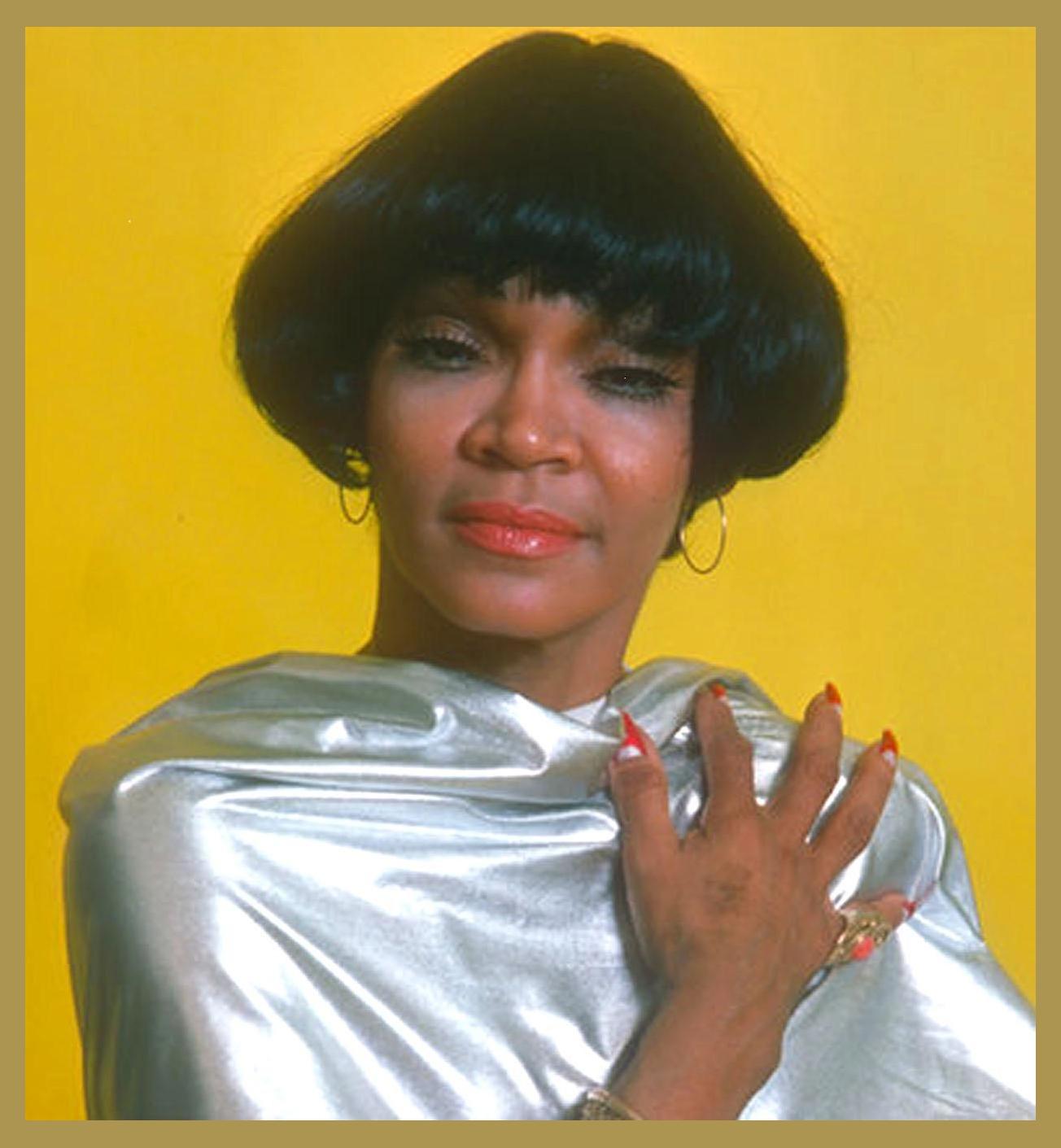 La Lupe
La Lupe
La Lupe: A Soulful Icon of Latin Music
Biography:
La Lupe, born Guadalupe Victoria Yolí Raymond, was a Cuban-born singer renowned for her powerful vocals and charismatic stage presence. Her career spanned over four decades, leaving an indelible mark on the Latin music landscape.
Born in Santiago de Cuba in 1936, La Lupe began her musical journey at an early age. In 1964, she fled Cuba for the United States, where she quickly established herself as a rising star in the New York City music scene.
Challenges and Controversies:
La Lupe's outspoken nature and flamboyant style made her a target of controversy. Her performances were often provocative and charged with emotion, earning her both fans and detractors. She faced criticism for her outspoken views on race, sexuality, and politics, challenging societal norms and pushing boundaries.
Discography:
La Lupe's prolific career produced an extensive discography that showcases her diverse musical range. Her albums include:
* "La Lupe y su Trio" (1965)
* "Puro Teatro" (1968)
* "La Lupe en el Madison Square Garden" (1970)
* "Aires de Exclusividad" (1973)
* "Un Drama Musical" (1975)
Members:
La Lupe collaborated with numerous musicians throughout her career, including:
* Tito Puente
* Mongo Santamaría
* Machito
* Ray Barretto
Signature Song and Legacy:
"Puro Teatro" remains La Lupe's most iconic song. Released in 1968, it became an anthem for marginalized communities and a testament to her raw and expressive vocals. The song's title translates to "Pure Theater," reflecting La Lupe's theatrical stage presence and her ability to captivate audiences with her performances.
La Lupe's musical legacy lives on. Her influence can be heard in the work of contemporary artists such as Celia Cruz, La India, and Gloria Estefan. Her powerful voice, fearless spirit, and unwavering passion continue to inspire generations of musicians and fans alike.
Biography:
La Lupe, born Guadalupe Victoria Yolí Raymond, was a Cuban-born singer renowned for her powerful vocals and charismatic stage presence. Her career spanned over four decades, leaving an indelible mark on the Latin music landscape.
Born in Santiago de Cuba in 1936, La Lupe began her musical journey at an early age. In 1964, she fled Cuba for the United States, where she quickly established herself as a rising star in the New York City music scene.
Challenges and Controversies:
La Lupe's outspoken nature and flamboyant style made her a target of controversy. Her performances were often provocative and charged with emotion, earning her both fans and detractors. She faced criticism for her outspoken views on race, sexuality, and politics, challenging societal norms and pushing boundaries.
Discography:
La Lupe's prolific career produced an extensive discography that showcases her diverse musical range. Her albums include:
* "La Lupe y su Trio" (1965)
* "Puro Teatro" (1968)
* "La Lupe en el Madison Square Garden" (1970)
* "Aires de Exclusividad" (1973)
* "Un Drama Musical" (1975)
Members:
La Lupe collaborated with numerous musicians throughout her career, including:
* Tito Puente
* Mongo Santamaría
* Machito
* Ray Barretto
Signature Song and Legacy:
"Puro Teatro" remains La Lupe's most iconic song. Released in 1968, it became an anthem for marginalized communities and a testament to her raw and expressive vocals. The song's title translates to "Pure Theater," reflecting La Lupe's theatrical stage presence and her ability to captivate audiences with her performances.
La Lupe's musical legacy lives on. Her influence can be heard in the work of contemporary artists such as Celia Cruz, La India, and Gloria Estefan. Her powerful voice, fearless spirit, and unwavering passion continue to inspire generations of musicians and fans alike.